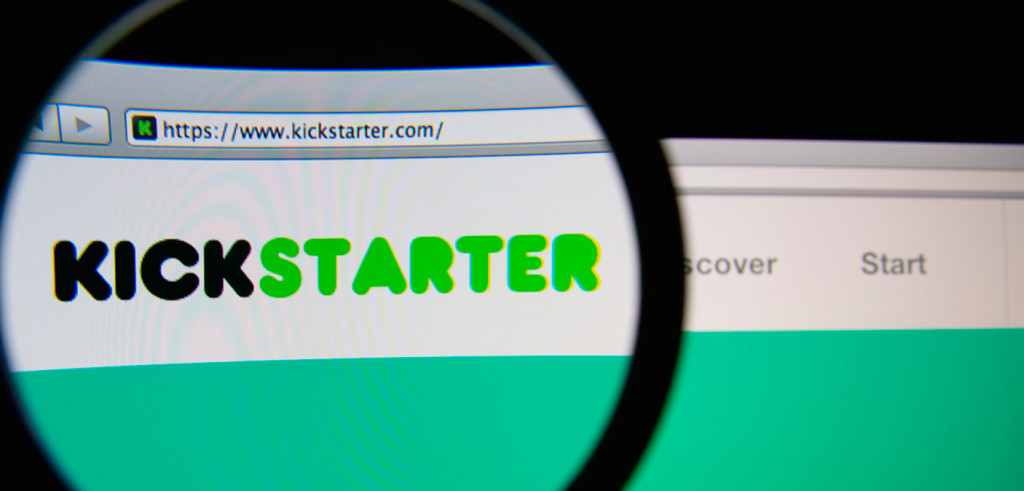Start up funding has been democratized. Through crowdfunding, regular individuals have powers once limited to venture capital funds. Several crowdfunding models are available; each has unique features that make it a good fit for a different sort of start up business.
Reward Sites
Backers get perks like T-shirts, first-run products or even larger rewards. Often, the formula works out to pre-selling a product. Of sites offering rewards for support, Kickstarter is king. Many crowdfunding experts go so far as to recommend that, if your project succeeds through crowdfunding, it’s more likely to attract serious equity investors. Why? Not only did you raise enough money to get through one benchmark, you’ve demonstrated that consumers believe in and want your product. So far, almost 60,000 projects have been funded through Kickstarter.
Gift/Donation Sites
Backers get nothing in exchange for their funds other than thanks and bragging rights. This is an option best suited to start-ups that have some social or charitable component. Donations with nothing in return is an option available on reward-oriented sites like Kickstarter; however, these campaigns may play better on sites like GoFundMe, which is more charity-oriented.
Equity Sites
On these nascent crowdfunding platforms, everyone can be your angel investor. Backers get an ownership stake in the company in exchange for their cash. At the time being, investment laws in the US mean these sites are out of reach of regular investors. SEC regulations require that the few sites that do accept investors verify that those investors have income of $200,000 per year or a net worth of at least $1 million. However, legislation written through the JOB Act could open this avenue to smaller investors soon. The SEC is reviewing this proposal and has extended the public comment period to March 28, 2014.
Crowdfunding sites like StartupValley and CircleUp are in wait-list mode; StartupValley shows around 50 businesses waiting for funding.
Revenue Sites
On sites like Bolstr, investors get regular payouts (like royalties) in exchange for their investment while the start up remains 100% yours. Like other sites that give investors a financial reward, Bolstr is limited to accredited investors. The money is definitely there for start ups; craft distiller Letherbee Distillers recently took in over $20,000 in less than 24 hours.
Peer-to-Peer Lending
Investors contribute to your startup loan, and your firm pays it back with interest over a set period of time. SoLendMe is one site that specifically focuses on funding businesses through a peer-lending model. You can also attempt to fund your start-up through peer-to-peer lending sites such as LendingClub and Prosper.com. Your chances of getting funded are best if you are earning revenue, because that shows investors that you will have the ability to repay the loan.
Crowdfunding is not a good fit for every start up. However, if any of the crowdfunding models fit your firm, it’s a low barrier to entry way to get the funds to get your start up going.


